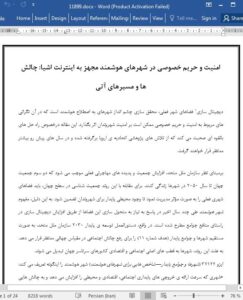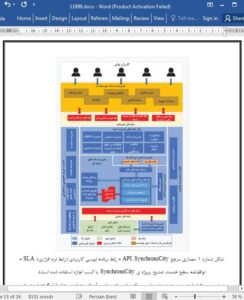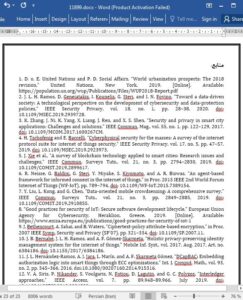The digitalization of current urban spaces is realizing the vision of so-called smart cities, where security and privacy concerns could affect citizens’ safety. This work discusses potential solutions derived from European Union research efforts to be considered in the coming years.
According to the United Nations (UN), the increase in population and current migratory phenomena will cause two thirds of the world’s population to live in cities by 2050.1 To cope with this global demographic trend, current urban spaces need to be efficiently managed to guarantee a sustainable environment for citizens. For this reason, the concept of a smart city emerged a few years ago in response to the need to transform these spaces through an increase of digitalization for the benefit of our societies. In fact, the UN’s 2030 Agenda for Sustainable Development explicitly considers Sustainable Cities and Communities (Goal 11) to address this social challenge on a global scale. Because of this trend, cities are becoming the main social and economic hubs of countries around the world.
Analysis and Future Research Directions
The realization of secure and privacy-aware IoT-enabled smart cities requires coordinated efforts addressing technical, social, and legal challenges. The concept of the smart city has attracted a strong interest worldwide. In addition to the United Smart Cities global program and the EIP-SCC initiative at the EU level, other efforts have been recently created, such as the Digital Transition Partnership of the Urban Agenda for the EU and the Digital Cities initiative, which has recently evolved into the 100 Intelligent Cities Challenge program.










